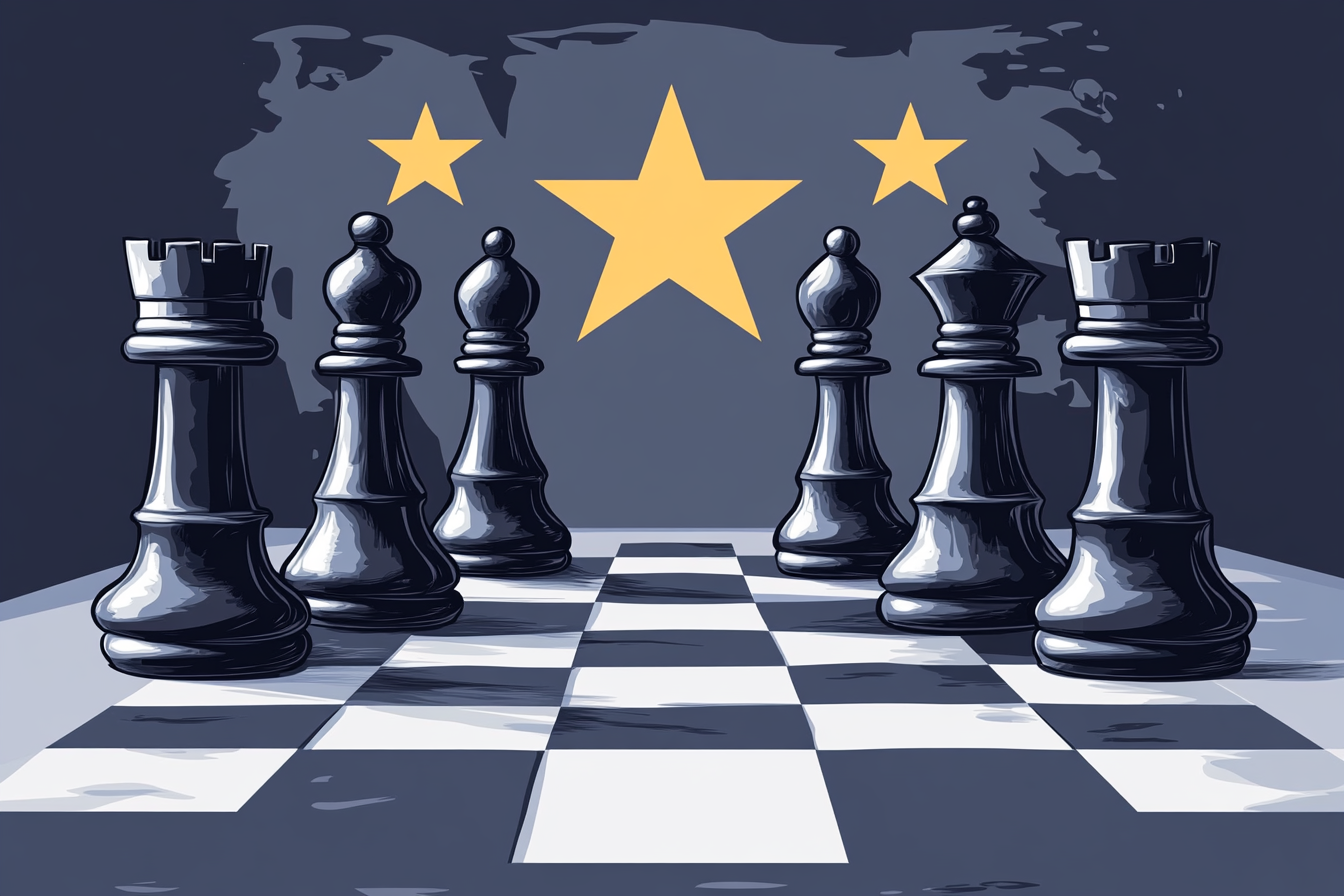What is the Point of Europe if it Fails to Decide?
Amid Trump’s activism, many accuse Europe of lacking timely and effective decision-making. But distinctions are necessary. A commentary by Lorenzo Bini Smaghi

Faced with Donald Trump’s activism, with new measures announced almost daily, only to be withdrawn or suspended shortly thereafter, Europe’s apathy appears striking. Europe seems absent from the new geopolitical landscape, and it is unable to decide. One might legitimately question: if Europe cannot decide, what purpose does it serve?
In reality, two very distinct Europes exist: one that decides effectively and another that struggles to reach decisions and often postpones them. Confusing these two is a significant analytical mistake.
Let us begin with the Europe that makes decisions. This Europe is embodied by the European Union and its institutions, which daily enact measures relevant to European citizens’ lives.
The European Central Bank, for instance, sets interest rates guiding monetary policy for the Eurozone, actively combating inflation. Just three weeks ago, the rate was lowered to 2.5%.
The ECB also implements measures related to the refinancing of the European banking system, the structure of payment systems, and the size of its balance sheet. It makes crucial decisions on banking supervision, such as capital adequacy, and authorizes mergers and acquisitions.
Similarly, the European Commission actively oversees competition and consumer protection issues, initiating infringement procedures when necessary. It promotes trade actions, market openings or restrictions, including tariffs and retaliations against third countries.
The Council of European Ministers acts on proposals from the Commission across numerous policy areas.
In essence, there is a Europe—one we can call federal—that decides on matters within its competence.
Then there is another —confederal— Europe where decision-making is challenging and frequently postponed. Here, the heads of government of the 27 member states gather to discuss issues primarily within their national jurisdiction, not under European authority.
These issues include defense, security, immigration, taxation, and financial market regulation. Decisions on these matters require unanimous agreement, which proves exceedingly difficult since any single country can impose a veto.
This second Europe generates frustration due to its indecisiveness or perceived absence. However, the responsibility for this stagnation lies not with Europe itself but with its member states, stemming directly from the confederal nature of this second Europe.
One may question why this Europe exists at all. Why do member states discuss at the European level issues that genuinely belong to their national domain? The answer is simple.
Even though these are national competencies, decisions made by individual countries often become irrelevant or counterproductive without coordination among states. A clear example was vaccine procurement during the pandemic.
Had each country acted independently without coordinating a unified procurement, it would have led to price escalation, ultimately harming everyone.
Given the clear need for coordination, why do member states hesitate to transfer these powers to the European Union, accepting majority rather than unanimous decision-making, given that individually they have little to no global influence?
This question highlights Europe’s fundamental contradiction. Despite the evident irrelevance of unilateral national decisions, the fear of losing sovereignty—or rather the fear of openly acknowledging that genuine national sovereignty no longer exists—dominates.
The classic example is the longstanding opposition to adopting the euro among many central bankers and finance ministers, reluctant to admit their loss of control over national currencies.
The same contradiction explains today's opposition to an integrated European financial market with a unified supervisory system. Resistance persists despite the gradual disappearance of national financial markets and an increasing number of European companies listing on Wall Street.
This is the Europe that does not function and effectively does not exist—the confederal Europe where member states still harbor illusions of individual sovereignty amid global competition with the United States or China.
If Europe remains absent on crucial matters determining our future, the fault lies not with Europe itself, but with those who refuse to allow it to truly exist.
IEP@BU does not express opinions of its own. The opinions expressed in this publication are those of the authors. Any errors or omissions are the responsibility of the authors.
